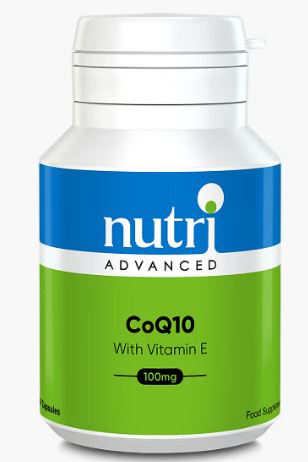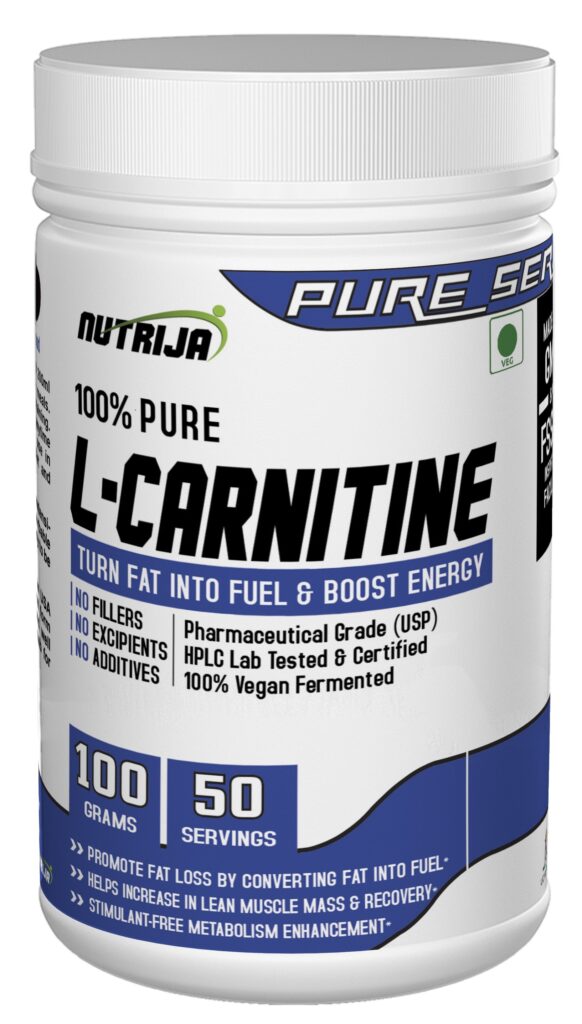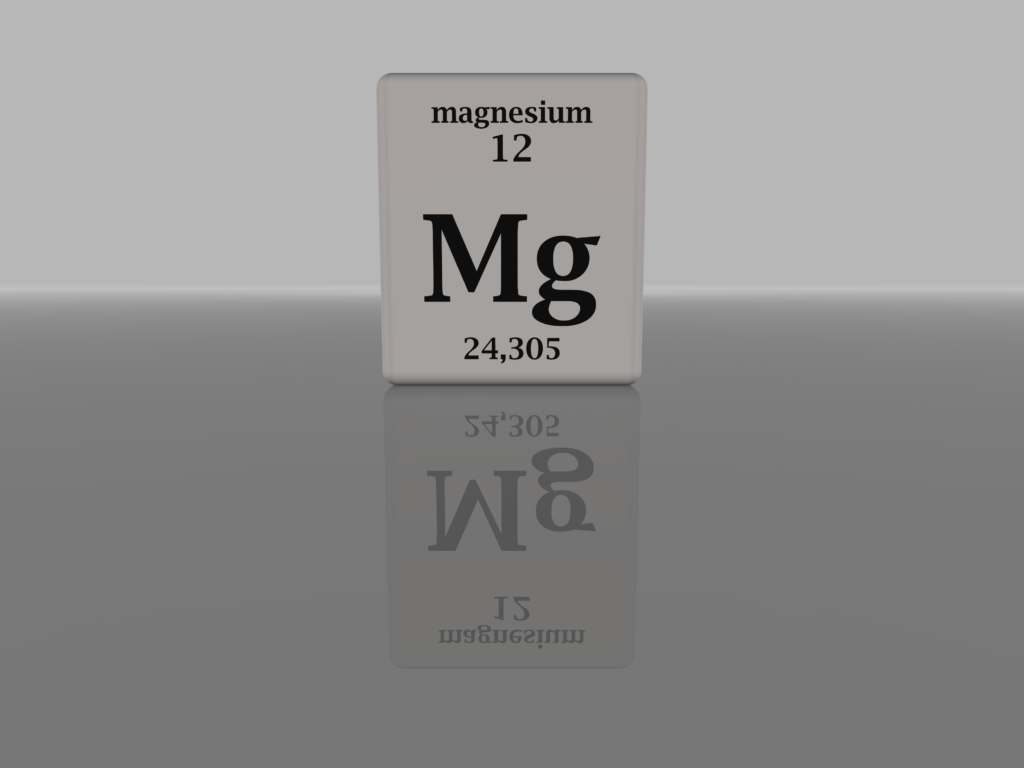Chronic fatigue is affecting millions of people around the world. Finding yourself constantly tired and fatigued physically fatigue can influence your job, relationships as well and overall level of living. What are the best energy supplements for chronic fatigue .If you’re dealing with chronic fatigue syndrome, you’re well aware of the feeling that your reserves of energy are at a loss. There are, however, products that boost your energy levels and make an enormous difference in the way you feel each day.
In this blog I’ll go over the top energy supplements that can help with the chronically fatigued, providing information based on research and actual examples. In the end, you’ll have a knowledge of how to combat fatigue and boost your performance.

The Problem: Understanding Chronic Fatigue
Chronic fatigue syndrome (CFS), which is referred to as myalgic-encephalomyelitis (ME), is much more than being tired following a long day. The condition is characterized by persistent and unproved fatigue that isn’t improved when you have time off. The result could be:
- The fatigue can last for at least six months
- A sleep that isn’t refreshing.
- Cognitive problems (often called “brain fog”)
- Joint and muscle discomfort
However, several causes contribute to the development of chronic fatigue, such as hormone imbalances and external stressors. What’s the most difficult part? There’s no one-size-fits-all solution, which makes tackling CFS very complicated.
If you’re reading this article, you’ve probably experienced how much impact chronic fatigue has on your lifestyle. There are many remedies, but none seem to be able to give you permanent relief. This is why I’m here to talk about the most effective supplementation for energy that will help you improve the quality of your life and energy levels.
The Agitation: How Chronic Fatigue Impacts Your Life
Chronic fatigue does not just impact the physical health of your body, it can affect mental and emotional well-being also. It’s been my experience that it affects relationships, making even the simplest tasks seem impossible. Imagine getting up from an entire night of sleep and feeling like you’ve not rested in a long time. It’s a typical experience for people suffering from chronic fatigue.
When you’re level of energy is constantly dwindling, productivity drops, focus is lost, and enthusiasm to work out or perform simple chores disappears. If you’re exhausted and getting worse, it’s difficult to find an escape route. It’s possible to feel overwhelmed by the inability to “snap out of it,” which is where the supplements can help.
If used in the right way when used correctly, it will provide the assistance that your body needs to recover energy and vitality. They aren’t an all-all cure. It is best to consider them as an integral part of a holistic strategy that includes nutrition, exercise, and lifestyle adjustments.
The Solution: Best Energy Supplements for Chronic Fatigue
We’ll now discuss supplementation to energy that has shown the potential to help people with chronic fatigue. They aren’t magical pills. However, they could help to manage fatigue when combined with a healthy and balanced lifestyle.
1. Rhodiola Rosea
Rhodiola rosea is an adaptogenic plant that’s been used throughout the centuries to reduce fatigue and improve the endurance of people. Research has shown that Rhodiola may improve both physical and mental performance, particularly for people who suffer from fatigue caused by stress. In a study, people who used Rhodiola saw significant decreases in the levels of fatigue compared with the people who used a placebo.
Rhodiola helps in controlling your body’s stress response as well as reducing the release of cortisol, which is the stress hormone. This helps reduce the physical and mental exhaustion that comes with chronic fatigue. In the case of many people, adding Rhodiola to their routine could provide an immediate improvement in their energy levels.
Recommended Dosage: 200-400 mg per day

2. Coenzyme Q10 (CoQ10)
CoQ10 is a natural antioxidant that is found within the cells in the body. It plays an important role in generating the energy that cells produce and aids in protecting against the damaging effects of Oxidative stress. Studies suggest that supplementing with CoQ10 will boost the energy level, decrease the fatigue level, and boost the physical condition of people who have chronic fatigue syndrome.
Numerous studies have proven the effectiveness of CoQ10 in a variety of studies. One example is that a study in 2011 showed the CFS patients who used CoQ10 for 8 weeks had less fatigue and a better quality of life.
Recommended Dosage: 100-300 mg per day

3. L-Carnitine
L-carnitine is an amino acid that is a major factor in the process of metabolizing fat to produce energy. It’s been demonstrated to ease fatigue and boost fitness levels, particularly in those suffering from chronic fatigue. An article published in the Journal-of-Clinical-psychopharmacology found the supplementation of L-carnitine helped to lower fatigue levels and enhance mental clarity for those who have chronic fatigue syndrome.
By promoting the metabolism of fats L-carnitine helps maintain steady energy levels throughout the day. It can also aid in the function of the brain by increasing the supply of acetylcholine, which is a neurotransmitter that is involved in the development of mental focus and energy.
Recommended Dosage: 500-2,000 mg per day

4. Vitamin B12
Vitamin B12 is vital in energy production and red blood cell production and for the correct function of our nervous system. Insufficiency of B12 is a common occurrence among those suffering from chronic fatigue. Fixing this issue can dramatically boost the quality of life. In a research study that was released in Fatigue Biomedicine, Health, and Behavior, the supplementation of B12 led to an improvement in fatigue levels and enhanced cognitive performance.
A high-quality B12 supplement may help you boost energy levels and combat feelings of fatigue. Patients who have chronic fatigue syndrome usually are unable to absorb B12 through food, which is why the supplementation of B12 is a viable choice.
Recommended Dosage: 1,000-2,000 mg every day (preferably with sublingual forms to allow for greater absorption)

5. Ashwagandha
Ashwagandha is a different adaptogen that has been proven to reduce stress and increase performance levels. It’s anti-inflammatory and helps reduce cortisol levels throughout the body. In one study, people suffering from chronic stress who used Ashwagandha supplements saw significant decreases in stress and anxiety levels.
My experience has been that Ashwagandha is a game changer for controlling anxiety levels. It has personally helped to keep me calm and focused in intense, stressful moments. If you’re struggling with fatigue that is often associated with chronic fatigue syndrome, Ashwagandha can aid you.
Recommended Dosage: 300-600 mg per day

6. Magnesium
Magnesium is an important mineral and plays a critical function in energy production. It aids in regulating blood sugar levels. It also aids in neuromuscular and muscle function and helps maintain a healthy energy balance. In general, low magnesium levels are associated with fatigue, which makes it a vital supplement for those who suffer from persistent fatigue.
The results of studies have proven that supplementing Magnesium with calcium can decrease fatigue and enhance general well-being. Magnesium’s relaxing effects may aid in sleep, a problem that is common for people with chronic fatigue.
Recommended Dosage: 300 to 400 mg/day (preferably with magnesium citrate or glycinate forms)

My personal experience with supplements for chronic fatigue
For a while I was struggling to feel tired every day. I tried everything, from changing my diet and getting more rest; however, no solution seemed to work. After a while, I began incorporating nutrients like Rhodiola or CoQ10 into my regimen and immediately noticed a dramatic change. The energy level increased and I was more focused throughout the entire day. It was great that I felt more like me again.
Also, taking magnesium supplements regularly helps my sleep, which increases my energy levels in the subsequent day. If you’re struggling with chronic fatigue, supplements can be a game-changer–especially when combined with healthy habits.
The Role of Diet in Managing Chronic Fatigue
- The reason: A majority of those suffering from chronic fatigue seek ways to control their symptoms via food. A healthy diet can greatly impact your energy levels as well as help control inflammation, which plays an important part in the symptoms of chronic fatigue syndrome.
- What is important : Certain food items, such as ones that are high in antioxidants (berries leaves, greens) and healthy fats (avocados, olive oil, avocados) and proteins, may boost your energy levels in contrast, caffeine, sugar as well as processed food items can contribute to energy-related crashes. Supplementing your diet with Vitamin D and Omega-3 can help.
The Impact of Sleep Disorders on Chronic Fatigue
- What is it? A lot of sufferers of chronic fatigue are also suffering from problems with sleep, like sleep apnea or insomnia. Sleep quality issues can lead to the feeling of fatigue and make the task of managing daily routine.
- What is important? Sleeping enough is vital for people suffering from chronic fatigue. Lack of sleep may worsen mental fatigue, fatigue as well as overall health.
Chronic Fatigue Syndrome and Mental Health
- What precisely is chronic fatigue? Chronic fatigue is related to mental health issues including depression and anxiety. Patients suffering from fatigue might feel helpless in their lives, loneliness and lack of motivation. All related to their mental health.
- What is important: Knowing the connection between mental health and physical well-being helps individuals find mental and medical assistance. Treatments such as therapy (CBT or mindfulness), as well as antidepressants and cognitive strategies that improve mood and boost energy, are important areas of study.
Exercise and Chronic Fatigue: What’s the Right Approach?
- The reason: The benefits of exercise are both positive but also challenging for individuals suffering from chronic fatigue. Excessive exercise can trigger flare-ups. However, moderate, consistent exercises can increase energy levels, boost mood, increase energy levels, and ease symptoms in the long term.
- The reason it’s crucial is because the majority of people with Chronic-fatigue-syndrome (CFS ) have difficulties finding out what they need to accomplish to ensure that their exercise is not harmful in their daily schedule. Activities that require minimal impact, such as swimming, walking, or yoga, are generally advised.
Chronic Fatigue and Autoimmune Diseases: Understanding the Connection
- What is the definition of chronic fatigue? It’s usually connected to conditions that cause autoimmune disease such as Lupus as well as fibromyalgia and Rheumatoid Arthritis. The conditions that cause fatigue can be because of an immune system disorder, inflammation, and pain.
- What is important: A lot of patients suffering from autoimmune illnesses suffer from chronic fatigue, which is an important symptom. Knowing the connection between the two conditions will help patients receive the proper treatments and supplementation to control the immune system and the level of energy.

Conclusion: Taking Control of Your Energy Levels
Chronic fatigue can be extremely frustrating However, having the appropriate energy supplements could help in assisting you to feel better. Rhodiola, CoQ10, L-carnitine, Vitamin B12, Ashwagandha Magnesium, and Ashwagandha are some of the most efficient choices for improving energy and reducing fatigue. If you add these items to your routine every day, You may begin to see improvement in the way you feel.
Supplements are only one part of the picture. For a successful treatment of the effects of chronic fatigue, you need to integrate other healthy lifestyles, including regular exercise, a good night’s sleeping patterns, and stress-management strategies. Remember that results can vary from individual to individual.
Your energy needed to live an energetic, active lifestyle is within reach.
FAQS
Do energy supplements aid in the fight against fatigue?
- Supplements for energy can help boost energy production, decrease stress, and enhance mental clarity by correcting deficiencies in essential nutrients, minerals, and vitamins, as well as adaptogenic herbs.
Can Rhodiola Rosea supplements be effective for fatigue?
- Yes, Rhodiola Rosa is an adaptogen that helps to reduce fatigue and stress; numerous studies have proven its contribution to improving mental as well as physical fitness.
Can CoQ10 help improve my energy levels?
- CoQ10 is a powerful antioxidant that helps in energy production at the cell level.
How can L-carnitine help with chronic fatigue?
- L-carnitine can help in the conversion of fat into energy that can be used and helps improve physical as well as mental performance, particularly in those who suffer from CFS.
Is Vitamin B12 helpful for chronic fatigue?
- B12 indeed helps in the production of energy and the development of red blood cells. Insufficient levels of B12 may cause fatigue. Therefore, supplementation could aid in restoring energy.
What is the role of Ashwagandha in the management of chronic fatigue?
- Ashwagandha, a adaptogen, helps to reduce stress and fatigue. It helps to reduce anxiety and enhances mental and physical wellbeing by balancing the level of cortisol.
How can Magnesium assist with chronic fatigue?
- Magnesium helps support nerve and muscle functioning. It regulates blood sugar as well as aids sleep, aiding in reducing fatigue and increasing overall energy levels.
Do these supplements help treat persistent fatigue?
- Although supplements may help to manage and lessen the effects of fatigue, they’re not a solution. An overall approach encompassing eating, sleeping, and lifestyle adjustments is essential to ensure long-term improvements.
What dosage is recommended for these supplements?
- The dosage is different for each supplement, but the most common recommendations are:
- Rhodiola: 200-400 mg
- CoQ10: 100-300 mg
- L-Carnitine: 500-2,000 mg
- Vitamin B12: 1,000-2,000 mcg
- Ashwagandha: 300-600 mg
- Magnesium: 300-400 mg

